As the daughter of Liberian immigrants, junior Priscilla Smith said National African Immigrant Heritage Month reminds her of the different cultures that define who she is.
“This heritage month represents a side that I never really thought about needing to be represented,” Smith said. “I’m viewed as African-American, but with those African and American sides of me there’s also that daughter of an immigrant side.”
A growing number of African immigrants have arrived in the United States recently. According to Pew Research Center, in 2000 there were 574,000 African immigrants living in the US; that number grew to 1.4 million in 2013, indicating a 137% increase.
Like Smith, freshman Farrell Dallin Bopda Fotso, whose parents immigrated from Cameroon, said people typically describe him, along with his culture, as African-American.
“Most of the time, people look at me and think I’m a normal African-American,” Bopda Fotso said. “Not African or American, just another Black person from the U.S.”
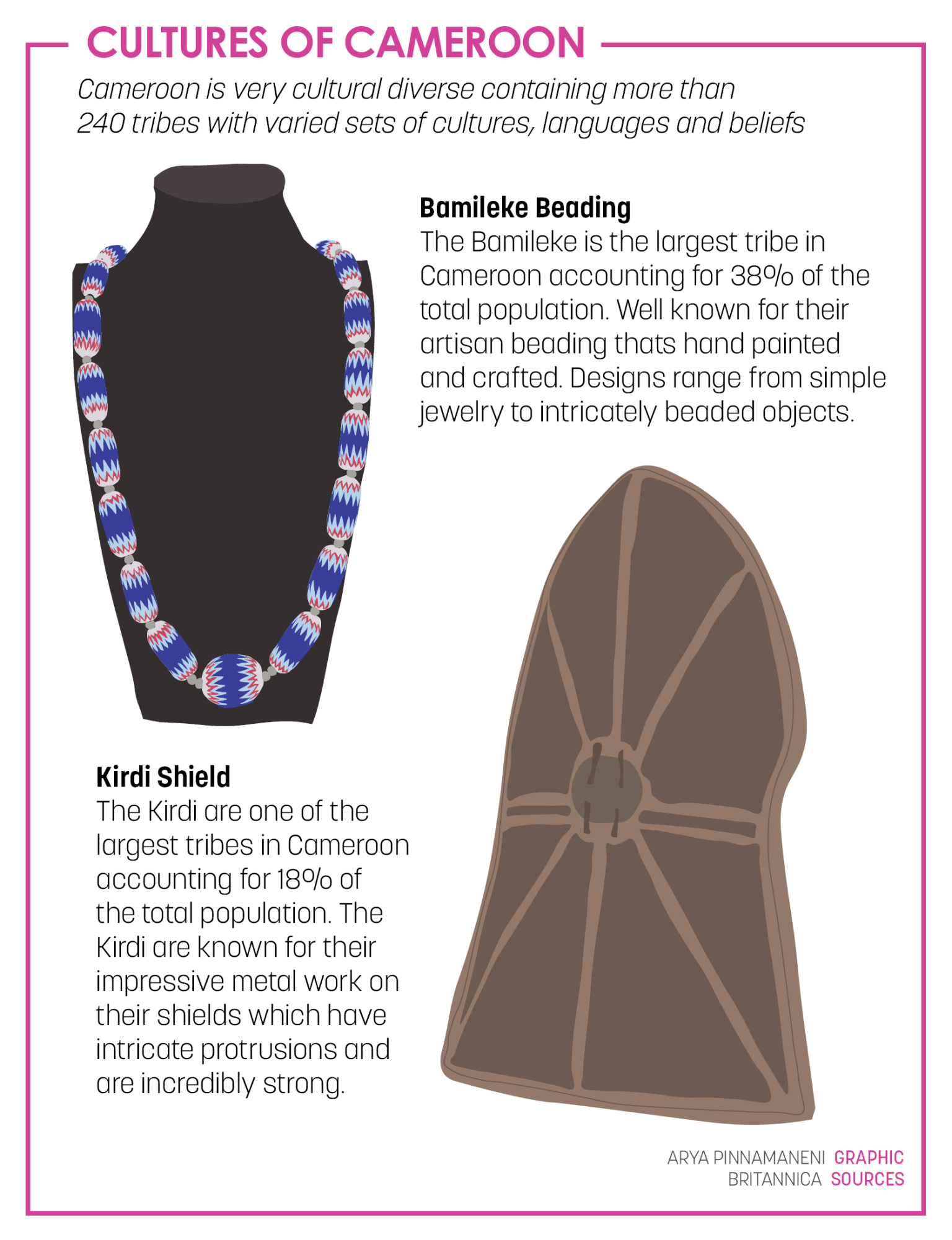
With the number of African students growing, James Ziegler, AP African-American Studies teacher and sponsor of the African History and Culture Club, said it’s even more essential to ensure the curriculum reflects that change.
“I think we’re trying to battle a history of whitewashed curriculums here in the United States,” Ziegler said. “It’s really important for students of African descent to see themselves represented in the curriculum.”
Smith said in school she isn’t often able to explore her heritage and the African immigrants’ impact.
“I think (there should be) emphasis on knowing where you come from and how immigrants build up America,” Smith said.
Ziegler said African immigrants have made vast contributions to the political, economic and overall society of the country.
“Also helping all our students understand the rich history of these various cultures and how they’ve contributed to make our country what it is today and further progress towards democratic ideals,” Ziegler said.
With a lack of discussion on African cultures, Smith said it can lead to less expression of those cultures.
“I never really see my culture outside of my house,” Smith said. “So when I went to my African cousin’s wedding it was so amazing. It had all the African music that my dad listens to and all the African food. It felt like home. I didn’t feel out of place. I finally got to see my heritage in America, because I haven’t been to Africa yet.”
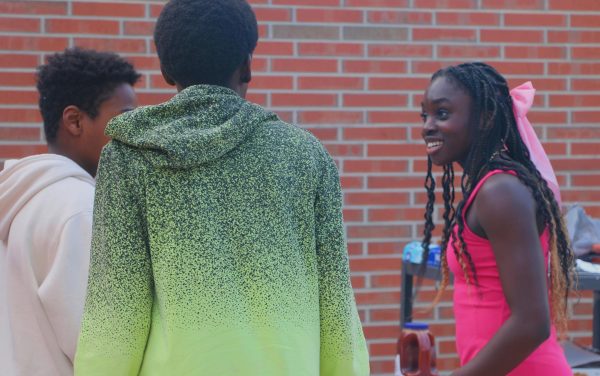
The challenge of feeling that sense of home in America is one Africans, including Bopda Fotso, said they face regularly.
“I’ve moved three times in my whole life and the one place I’ve ever felt at home is where I’m from in Africa,” Bopda Fotso said. “That is where I could go around, walk and be me, not getting judged for what I do. I just felt at home.”
To combat this challenge, Ziegler said connections to culture can be made through cuisine and the traditions that are associated.
“One of the best ways to stay connected to culture is through food,” Ziegler said. “Food is something we can all get behind.”
Along with exploring traditional foods, Ziegler said students should try to frequently use their native languages.
“The other thing is I would encourage students trying to keep those linguistic connections,” Ziegler said. “Whether it’s speaking with parents or grandparents to keep those indigenous languages of their ancestors that may have immigrated here. With languages it’s use it or lose it.”
Another way to foster that culture is by forming relations with those with similar ancestry, but Bopda Fotso said he struggled to form those bonds when he first moved to Indiana.
“Connecting with people was a problem at the beginning, because I didn’t know exactly how or where I would fit in,” Bopda Fotso said, “but eventually I was able to find where I belonged.”
Like Bopda Fotso, Smith said she had a hard time finding other Africans to connect to. Smith said her participation in the African History and Culture Club was able to change that.
“I’m involved in the African History and Culture Club and it’s really nice to be able to connect with other Africans,” Smith said. “Even if they’re not West Africans, it’s just nice to talk to other Africans about our experiences.”
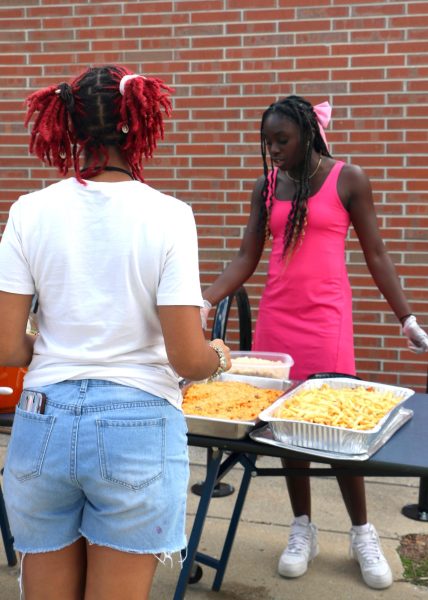
Ziegler said those friendships are just one of the many things that come with involvement in the club.
“We try to work on all of those things, not just again the music, food and languages, but also trying to pull in educating students on maybe their histories too,” Ziegler said. “We meet in my room, E212, every other Monday. It’s open to all students and we want everybody to feel safe and welcome coming to our meetings.”
According to Bopda Fotso, meetings like those, along with food and language, spark deeper relations with culture. To learn more about his heritage and ancestry, Bopda Fotso said he talks with his parents and asks them questions.
“Try and find your connection by talking with your parents about their African roots,” Bopda Fotso said.
Smith said she emphasizes conversations like those in order to eventually pass down that culture to future generations.
“It’s really important to carry on your culture to your kids, even if you’re not in the same country you’re from,” Smith said. “It’s a little bit scary to me because I might not be able to pass down what my parents have passed on to me. I don’t want that heritage to disappear and wash out.”
Smith said these connections and displays of African heritage are significant, and she said they provide a sense of identity.
“I will always be African,” Smith said. “I know where I come from. I know my heritage.”


















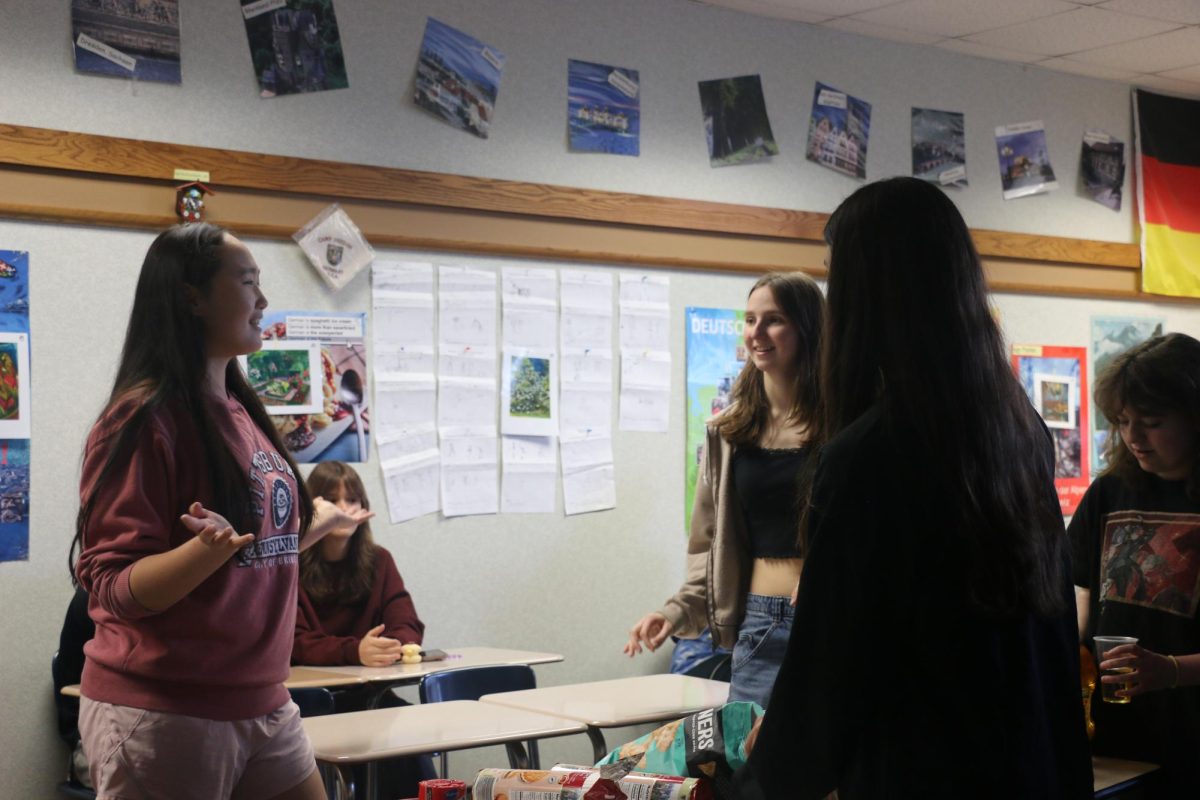

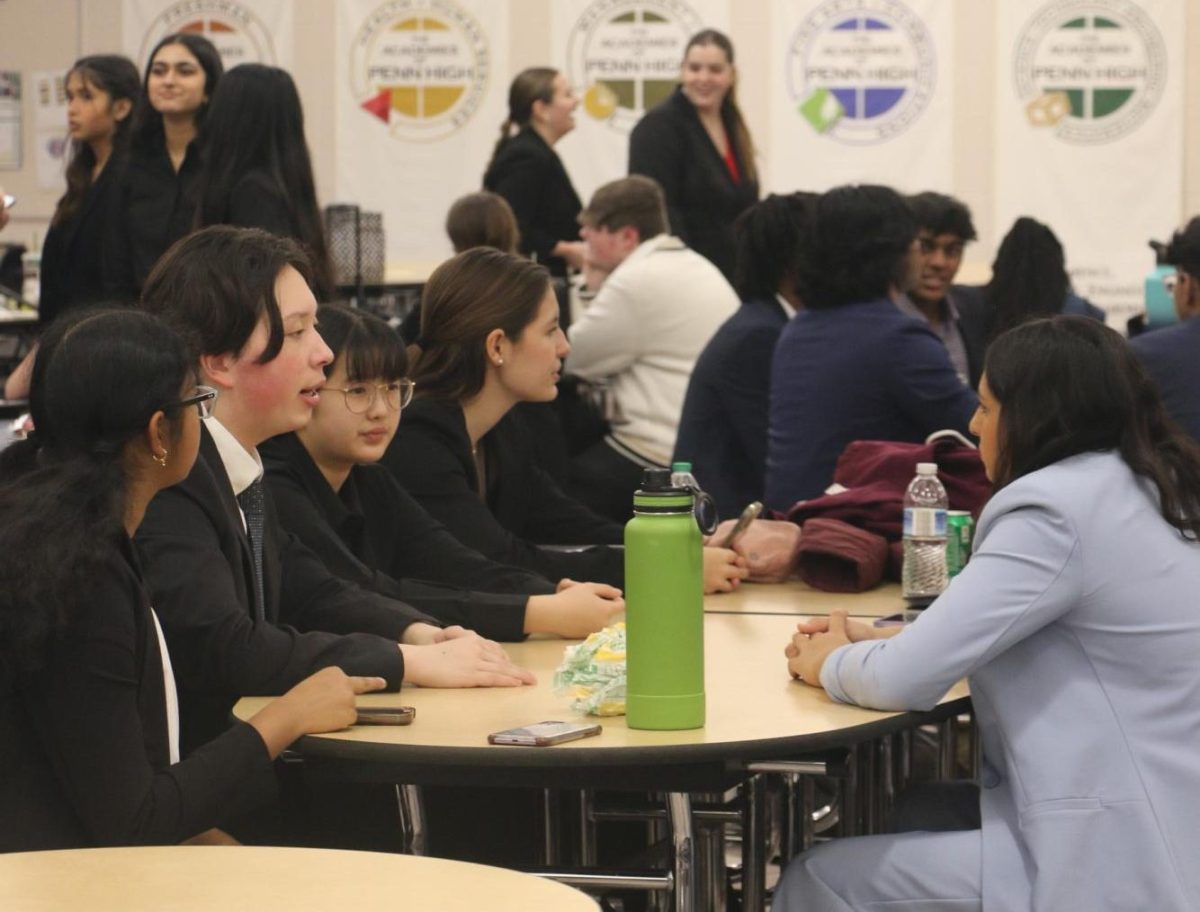
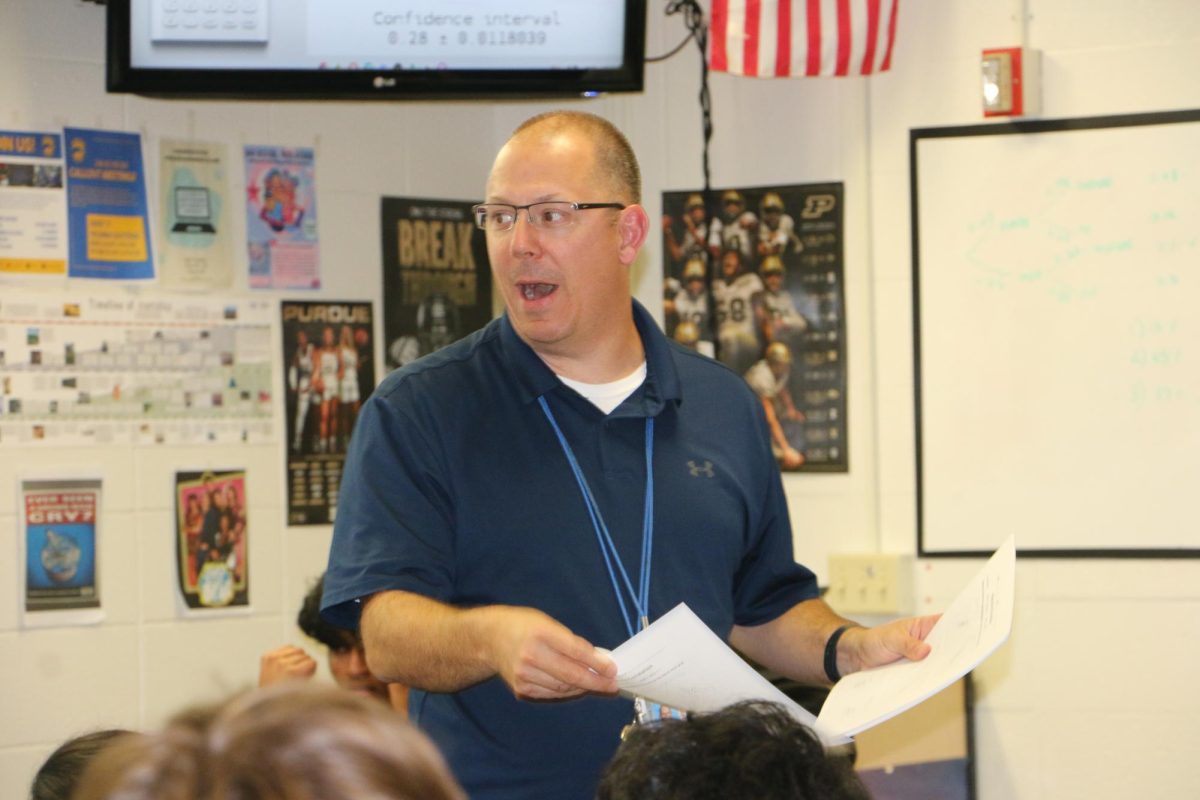








![Family vlogger controversy, need for content reform [opinion]](https://hilite.org/wp-content/uploads/2024/05/Screenshot-2024-05-14-11.33.37-AM-1200x465.png)
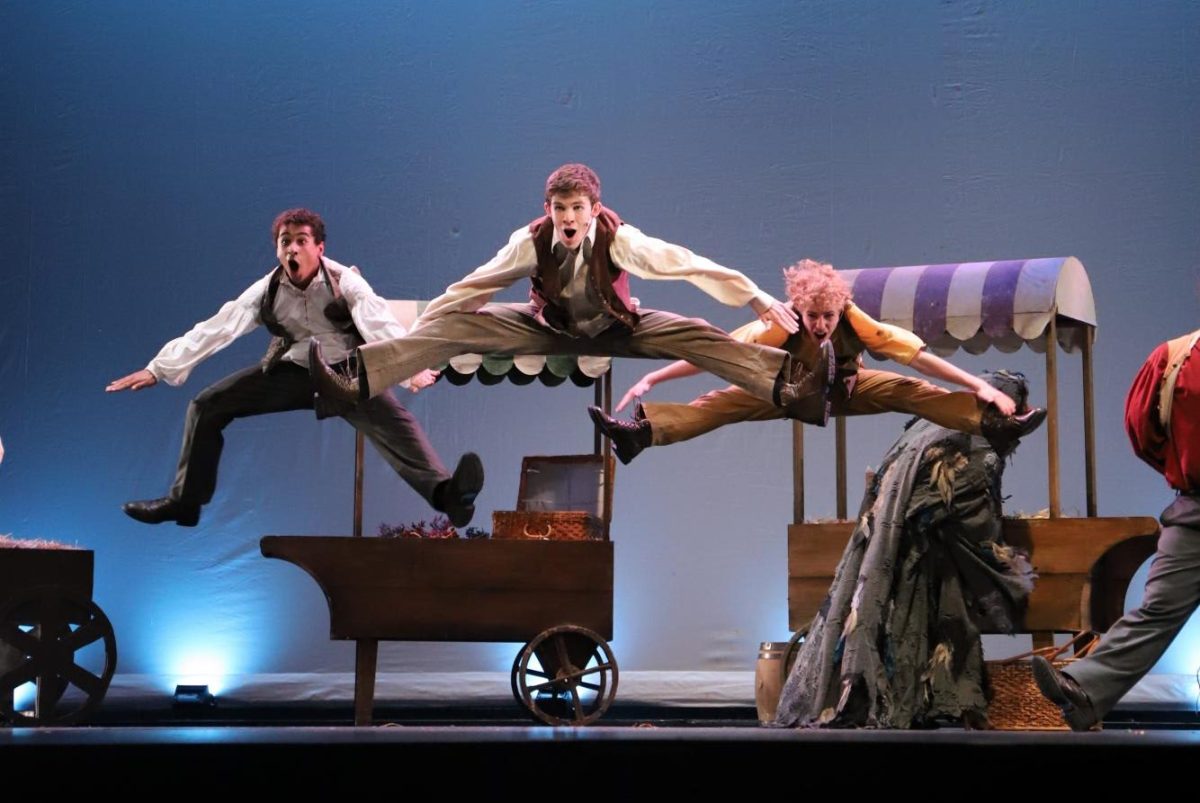
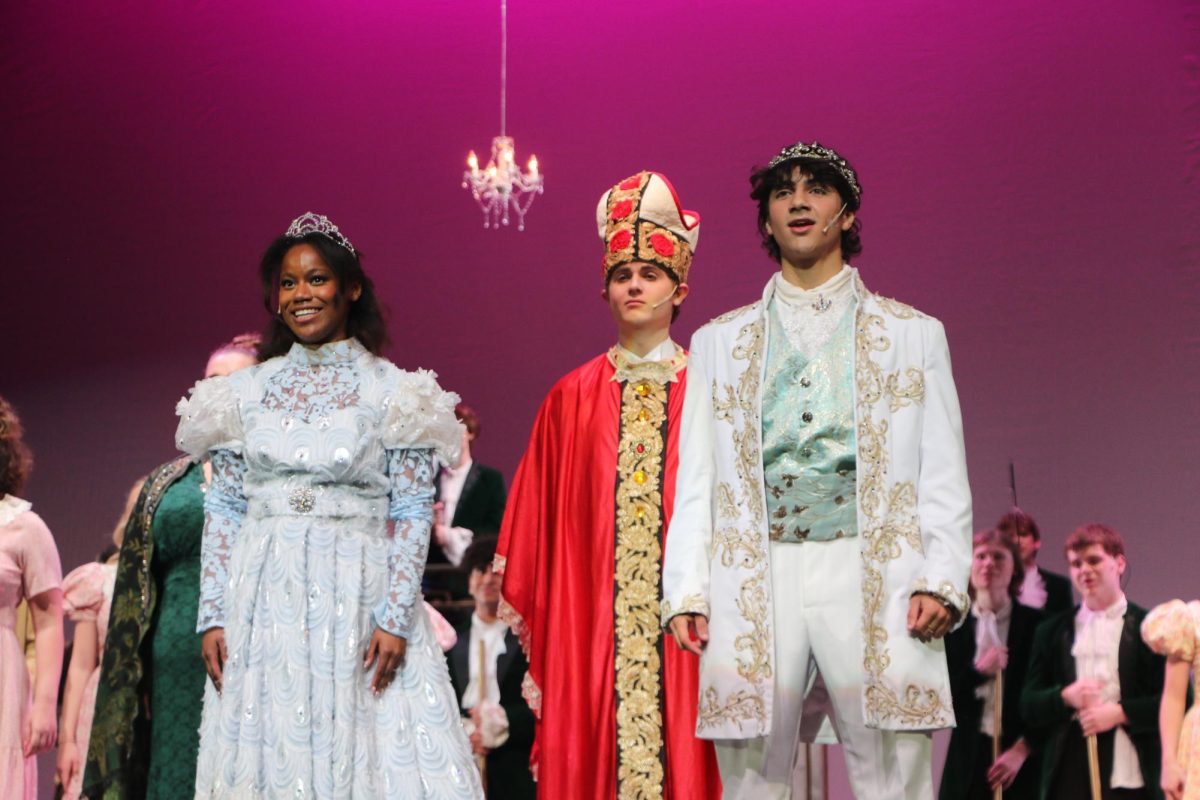



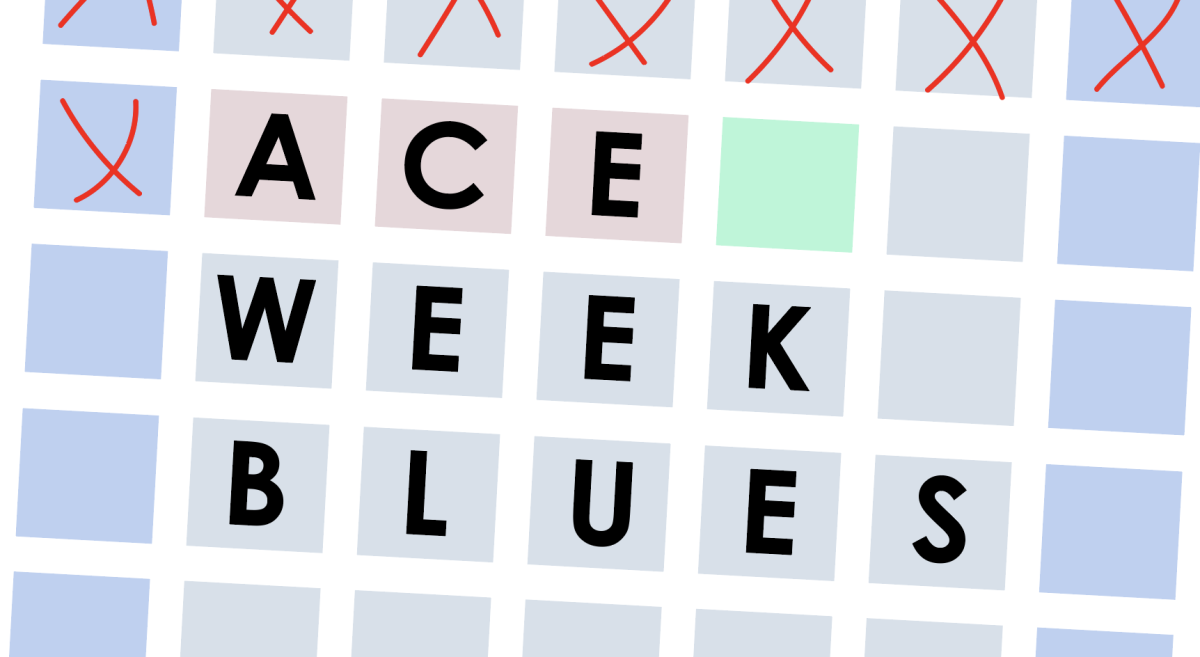
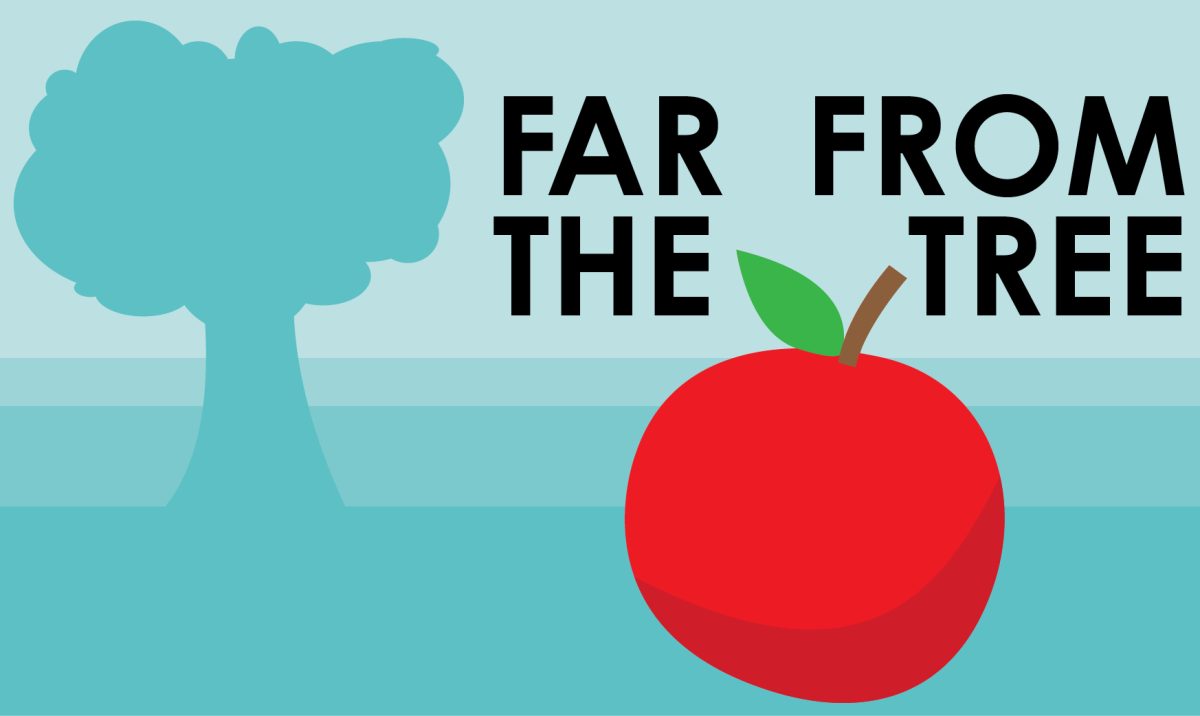
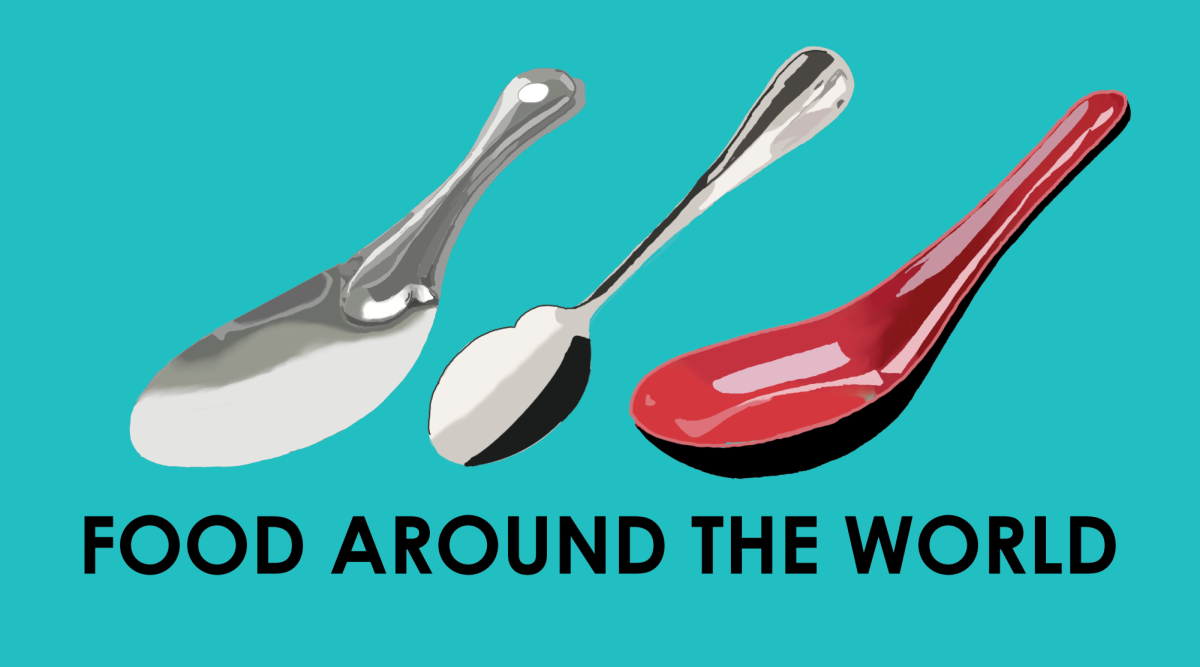
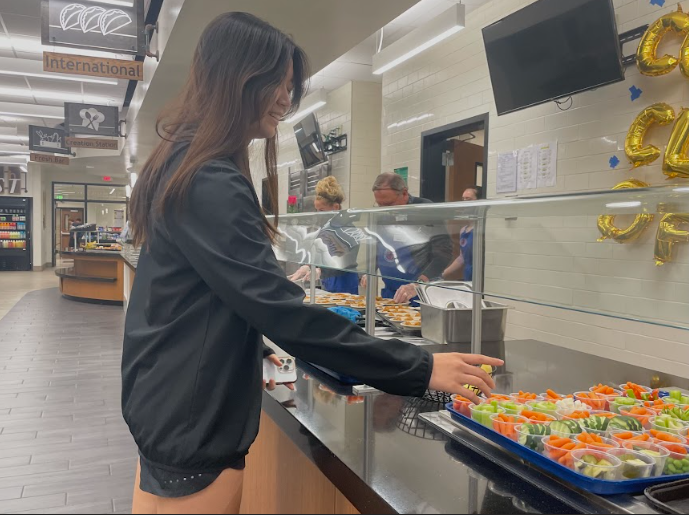





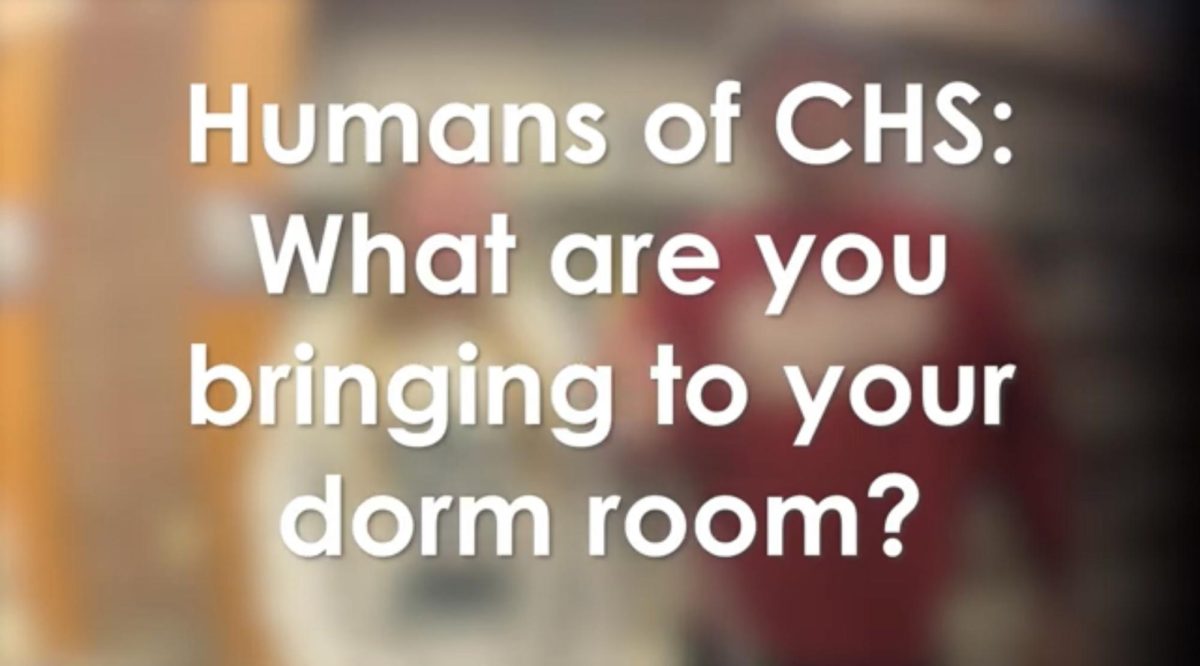









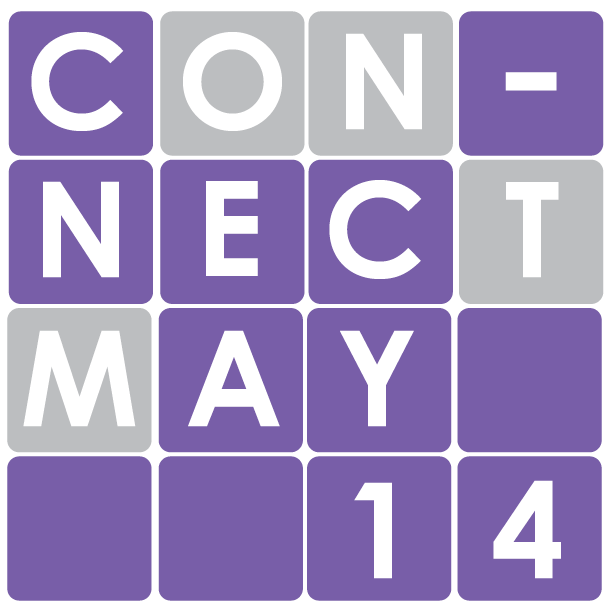

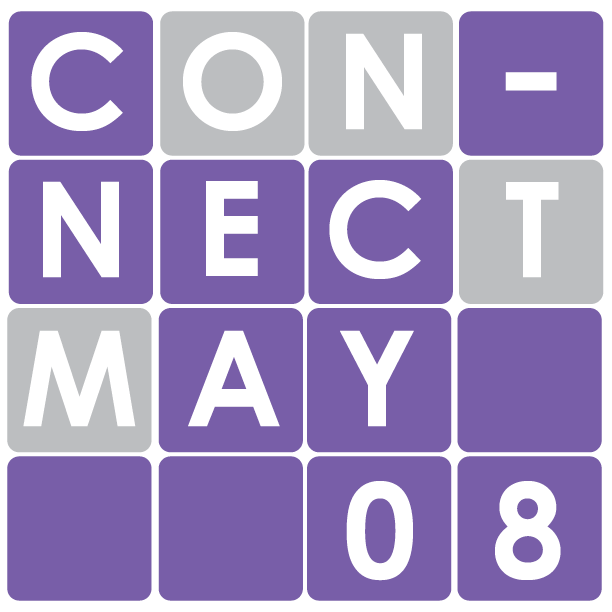

![Review: Taylor Swift’s new album The Tortured Poets Department is not her best work but is still a brilliant album [MUSE]](https://hilite.org/wp-content/uploads/2024/05/The-Anthology_Cover-1200x675.webp)
![Review: Challengers does it all [MUSE]](https://hilite.org/wp-content/uploads/2024/05/challengers-poster-1200x600.png)
![Review: A House of Flame and Shadow by Sarah J. Maas was a disappointing read [MUSE]](https://hilite.org/wp-content/uploads/2024/05/house-of-flame-and-shadow-feature.png)
![Review: Conan Gray’s new album, “Found Heaven”, is a refreshing twist on modern music [MUSE]](https://hilite.org/wp-content/uploads/2024/05/Screenshot-2023-10-31-at-16.01.05.webp)
![Review: “Bodies, Bodies, Bodies” is the quintessential Gen-Z movie [MUSE]](https://hilite.org/wp-content/uploads/2024/05/Screenshot-2024-05-15-140618.png)
![Review in Print: Maripaz Villar brings a delightfully unique style to the world of WEBTOON [MUSE]](https://hilite.org/wp-content/uploads/2023/12/maripazcover-1200x960.jpg)
![Review: “The Sword of Kaigen” is a masterpiece [MUSE]](https://hilite.org/wp-content/uploads/2023/11/Screenshot-2023-11-26-201051.png)
![Review: Gateron Oil Kings, great linear switches, okay price [MUSE]](https://hilite.org/wp-content/uploads/2023/11/Screenshot-2023-11-26-200553.png)
![Review: “A Haunting in Venice” is a significant improvement from other Agatha Christie adaptations [MUSE]](https://hilite.org/wp-content/uploads/2023/11/e7ee2938a6d422669771bce6d8088521.jpg)
![Review: A Thanksgiving story from elementary school, still just as interesting [MUSE]](https://hilite.org/wp-content/uploads/2023/11/Screenshot-2023-11-26-195514-987x1200.png)
![Review: When I Fly Towards You, cute, uplifting youth drama [MUSE]](https://hilite.org/wp-content/uploads/2023/09/When-I-Fly-Towards-You-Chinese-drama.png)
![Postcards from Muse: Hawaii Travel Diary [MUSE]](https://hilite.org/wp-content/uploads/2023/09/My-project-1-1200x1200.jpg)
![Review: Ladybug & Cat Noir: The Movie, departure from original show [MUSE]](https://hilite.org/wp-content/uploads/2023/09/Ladybug__Cat_Noir_-_The_Movie_poster.jpg)
![Review in Print: Hidden Love is the cute, uplifting drama everyone needs [MUSE]](https://hilite.org/wp-content/uploads/2023/09/hiddenlovecover-e1693597208225-1030x1200.png)
![Review in Print: Heartstopper is the heartwarming queer romance we all need [MUSE]](https://hilite.org/wp-content/uploads/2023/08/museheartstoppercover-1200x654.png)











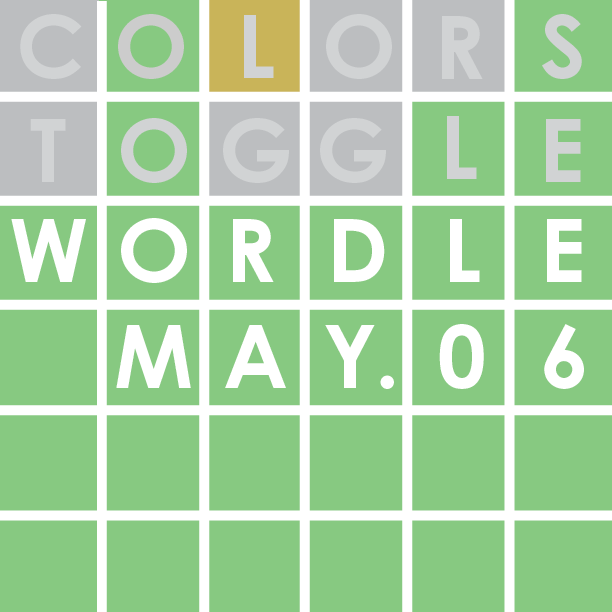

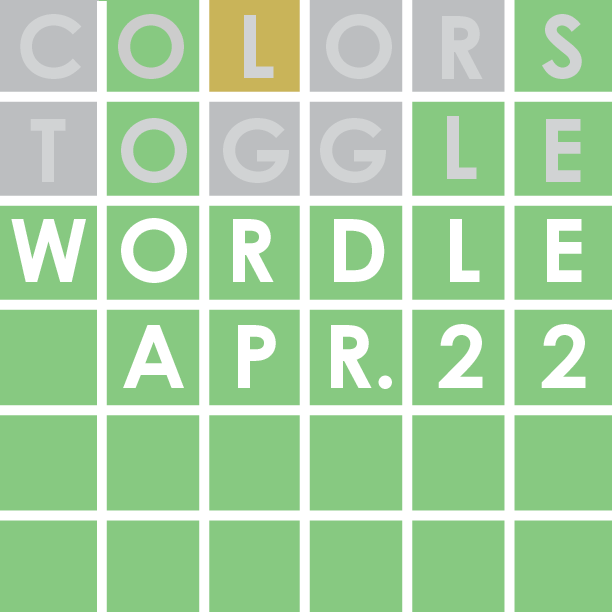

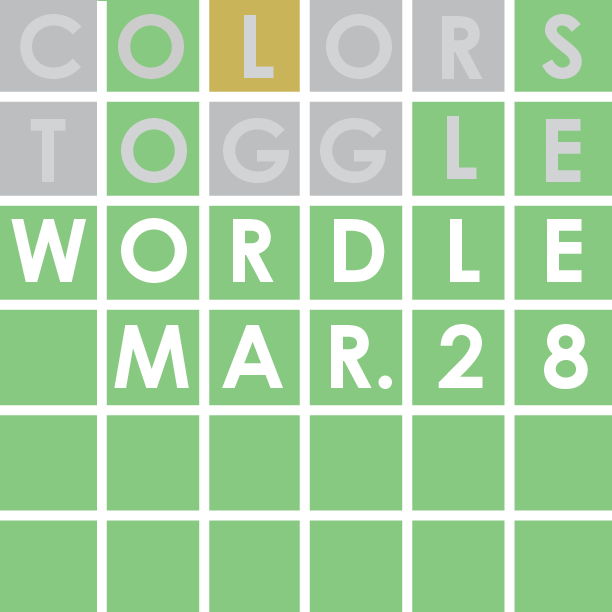






![Review: “Ginny & Georgia” is a dramatic and poorly made emotional rollercoaster–and I loved it anyway [MUSE]](https://hilite.org/wp-content/uploads/2024/03/ginny-and-georgia-season2-main-be37bbb9487a41e88b3f66c3baacd5c3-300x177.jpg)
![Review: Witch Hat Atelier is a masterpiece in art and world-building, but the story has only begun [MUSE]](https://hilite.org/wp-content/uploads/2024/01/unnamed-211x300.png)
![Review: “Mysterious Lotus Casebook” is an amazing historical Chinese drama [MUSE]](https://hilite.org/wp-content/uploads/2024/03/0-300x170.webp)
![Review: “A Little Life” by Hanya Yanagihara is the epitome of a heartwrenching masterpiece [MUSE]](https://hilite.org/wp-content/uploads/2024/01/unnamed-5-300x200.png)



evelyn • Sep 30, 2023 at 1:01 pm
GET IT GIRLIE